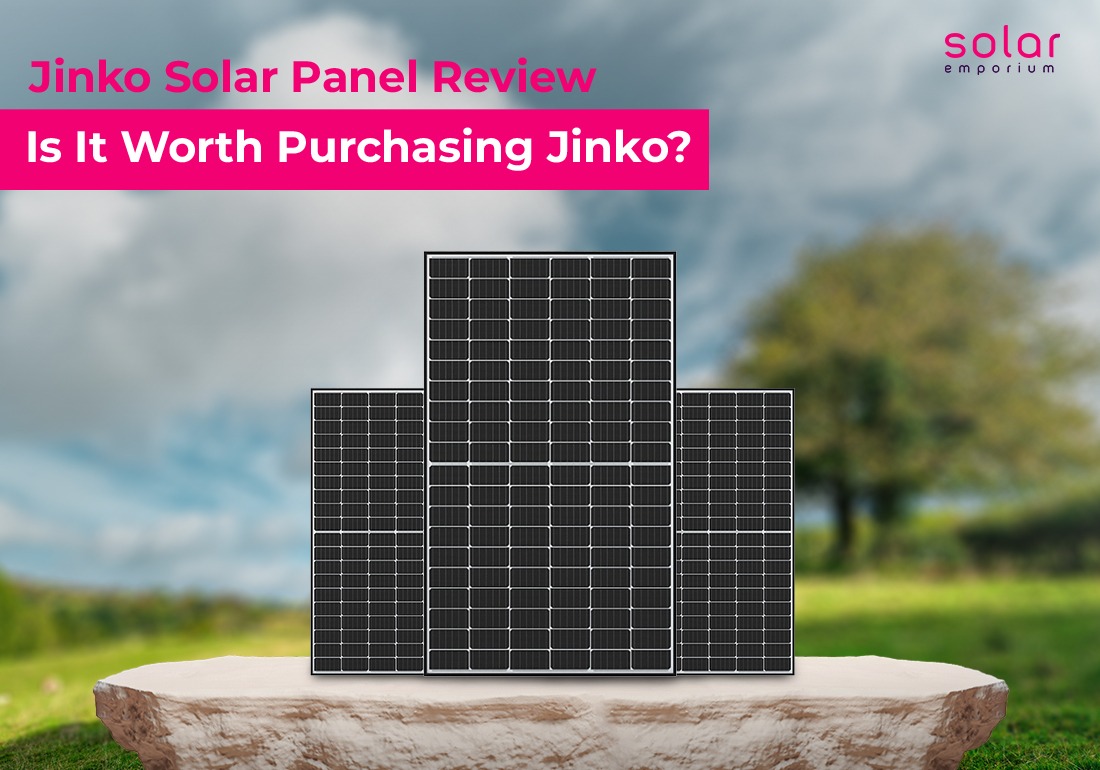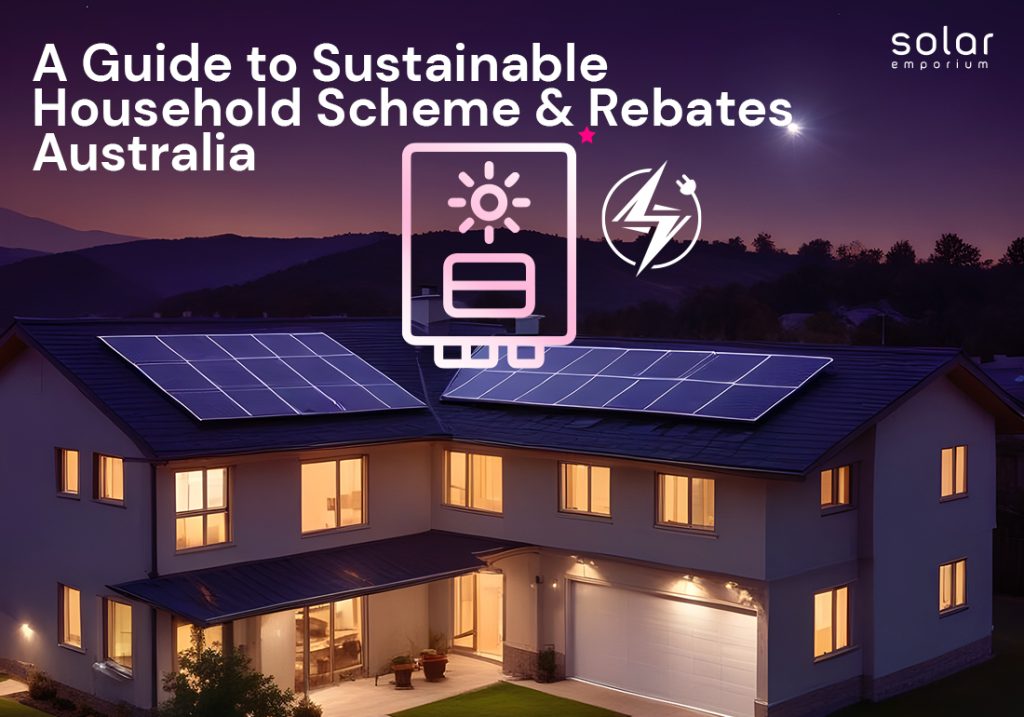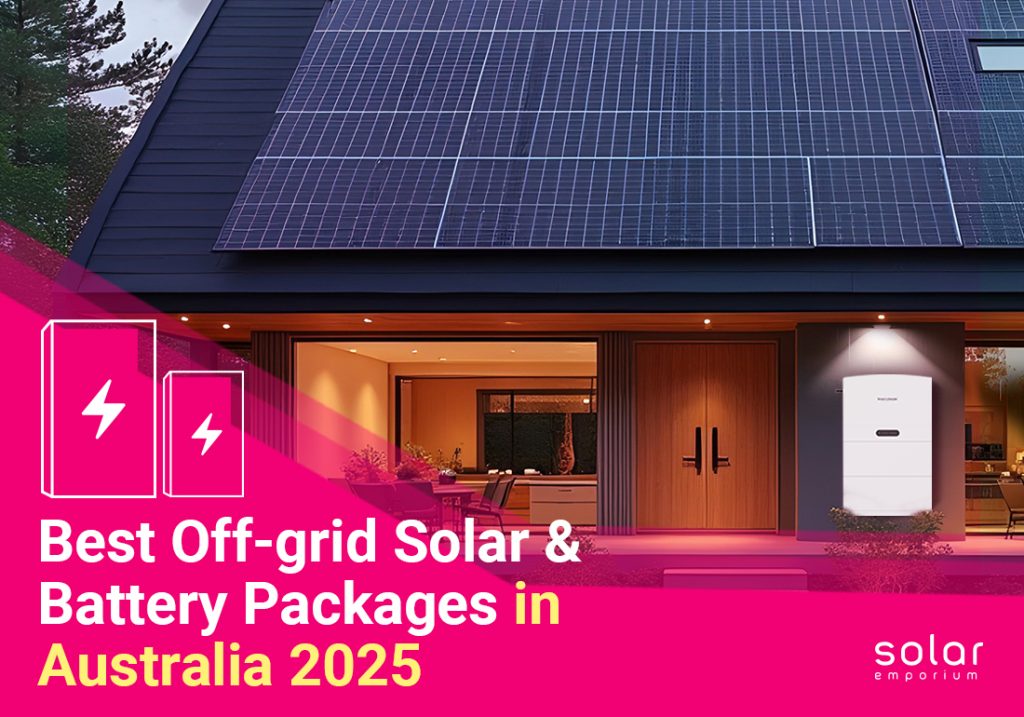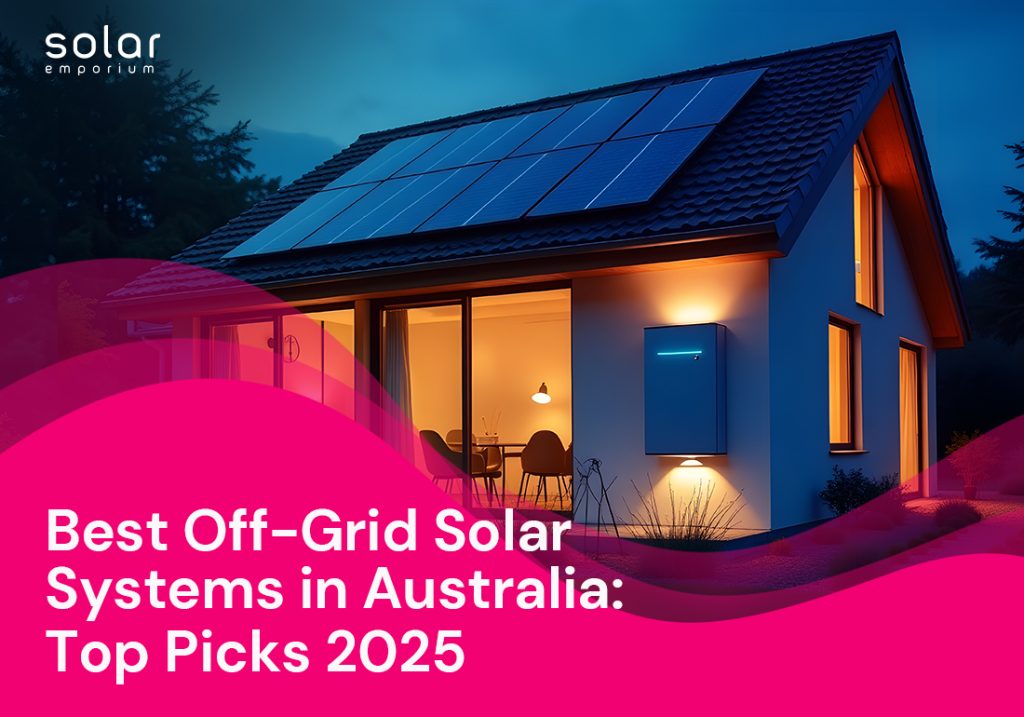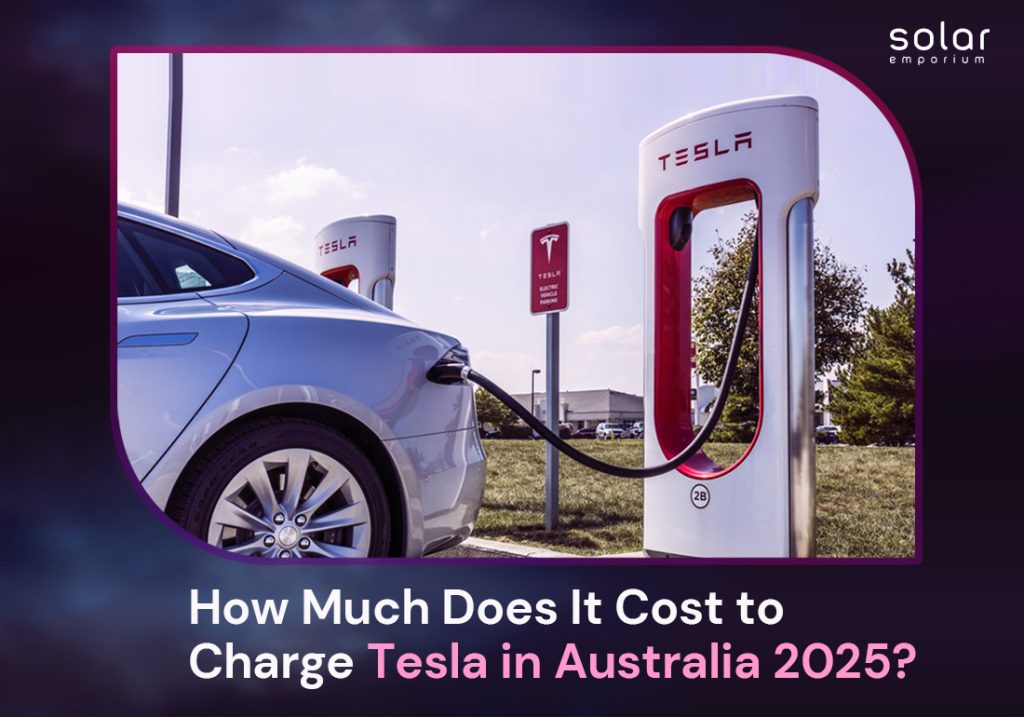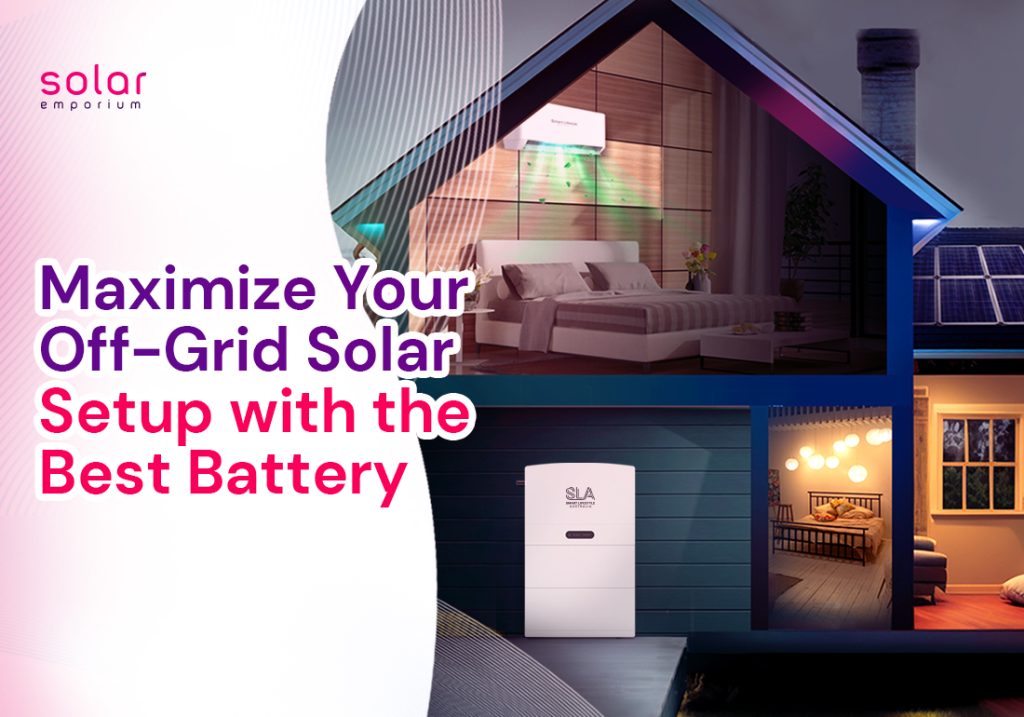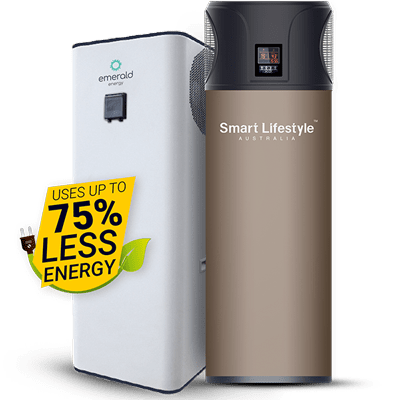The popularity of solar panels is sky-high right now. People consider solar homes as smart homes. Solar panels don’t only increase your home’s value; they also serve an aesthetical purpose.
Jinko Solar Panels have been in the market for years. Ever since they entered the market, there was always hype for their product. But is it worth purchasing Jinko? We will try to answer that in this Jinko Solar Panel review.
Quick Summary
- Jinko Solar is a Tier 1 brand from China.
- One of the world’s largest solar panel manufacturers.
- Jinko Solar is ranked fifth-best overall by the Solar Reviews solar panel scoring system.
- U.S. homeowners can choose between the high-end Eagle G4 or entry-level Eagle G2 models.
- Very high module efficiency (21.6%).
- Panel warranties could be better.
- High-quality and cost-effective
- Cost ranges from low to mid to range
Company History
Jinko Solar was founded in 2006 and has grown to become the world’s largest manufacturer of solar panels only a decade later, in 2016. With global shipments of 14.3 GW in 2019, the company has held the top spot for the last six years in a row. Jinko Solar, headquartered in China, is a massive multinational, vertically integrated corporation that employs over 15,000 people in 70 countries and has manufacturing facilities in China, Malaysia, and the United States.
Jinko Solar’s success appears primarily due to its emphasis on research and development, performance testing, quality control, and rigorous durability testing. This is evidenced by numerous record-breaking accomplishments over the years, including several efficiency records and consistent top score results from several independent testing companies, including the well-known PVEL scorecards.
Jinko Solar was at the forefront of innovation only recently, preferring to stick to tried-and-true cell architectures like traditional P-type PERC and half-cut cells. Jinko, on the other hand, has begun to push the boundaries with the release of the new Tiger series panels, which are described in greater detail below.
Range of Panels
Jinko solar panels have been on the market for a while. With time, their solar panel range has developed and become more affordable for all structures like residential, commercial, and utility-scale installations.
They also design custom solar panels for larger solar systems for owners who require panels for specific applications.
Their most popular solar panel series are mentioned below:
- Cheetah HC series
- The Cheetah series
- Swan series
- Tiger series
- Tiger Pro Series
The Cheetah HC module efficiency is also much better at 20.48%, and the temperature coefficient has improved to -0.35%. Much more energy can be yielded under higher temperatures than conventional panels.
The Cheetah Series: Jinko Cheetah series penetrated the market in 2018. Soon, it became very popular. The series of the panel ranges from 325W to 340W for half-cut size and up to 410W for the full-size solar panel.
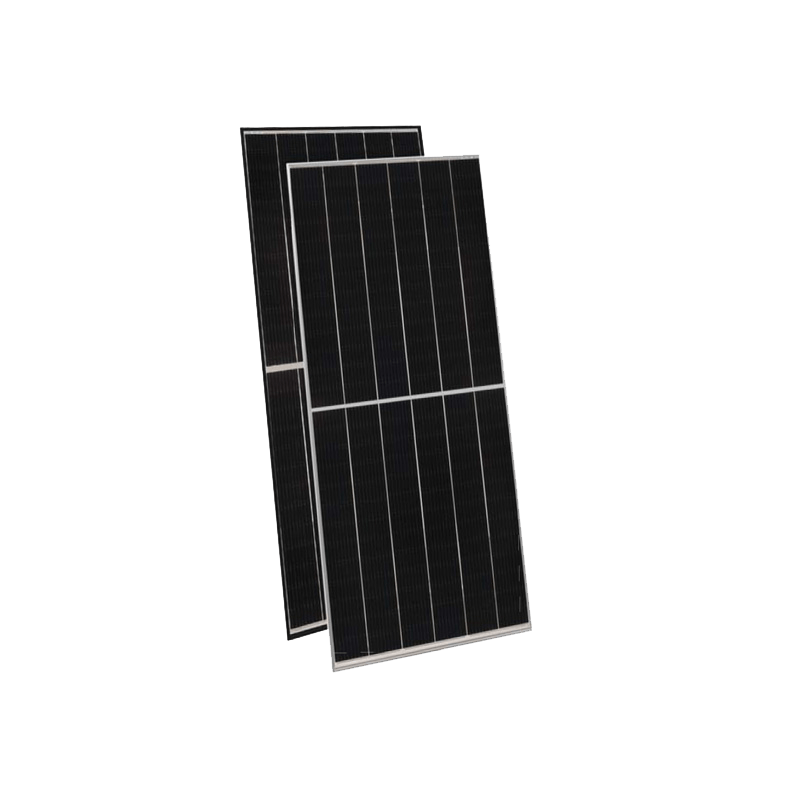
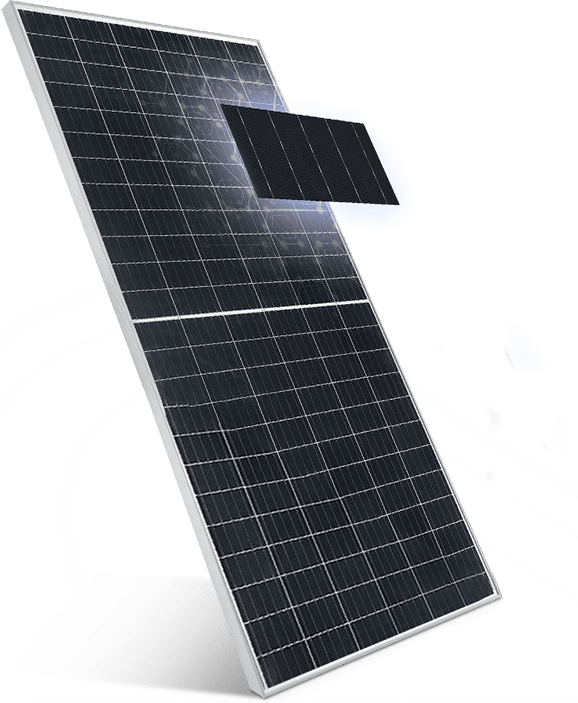
Features:
- Integrates the newer Five Busbar solar cell technologies to boost the solar module’s efficiency and improve the panel’s aesthetic appearance.
- Amazing anti-PID performance guarantees reduced power degradation, which is great for mass production.
- PERC technology usage increased module efficiency by up to 20.38%.
- Advanced glass and cell surface textured design, significantly enhancing performance in low-light conditions.
- The panel got TUV Nord certification for its high salt-mist and ammonia resistance. It’s also certified to tackle extreme weather conditions, including wind load and snow load.
- All panels have a 25-year performance warranty and 15 years of product warranty. The degradation rate is at 1% in the first year and 0.4% in the subsequent years until the 25th year.
Tiger Series: Jinko Tiger series is the newest and one of the most impressive addition to Jinko Solar. This series features two shingle-cell solar panel types; The Tiger monofacial and the Tiger Bifacial.
This next generation uses the N-Type monocrystalline silicon cells. As it boosts the efficiency output. It consists of a 78-cell design and the tiling of ribbon technology. Jinko’s Research and Development team developed this technology to increase power generation by facilitating light absorption.
The panels can generate up to 475W with a 21.16% efficiency.
Tiger Pro Series is considered one of the most powerful utility solar panels. Solar panel market entirely shifted after this series of Jinko entered the space. The panel can deliver up to 580Wp with an Ultra-high p-type mono-module efficiency of around 21.6%.
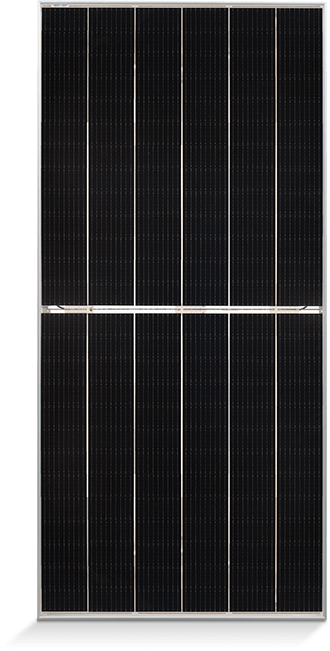
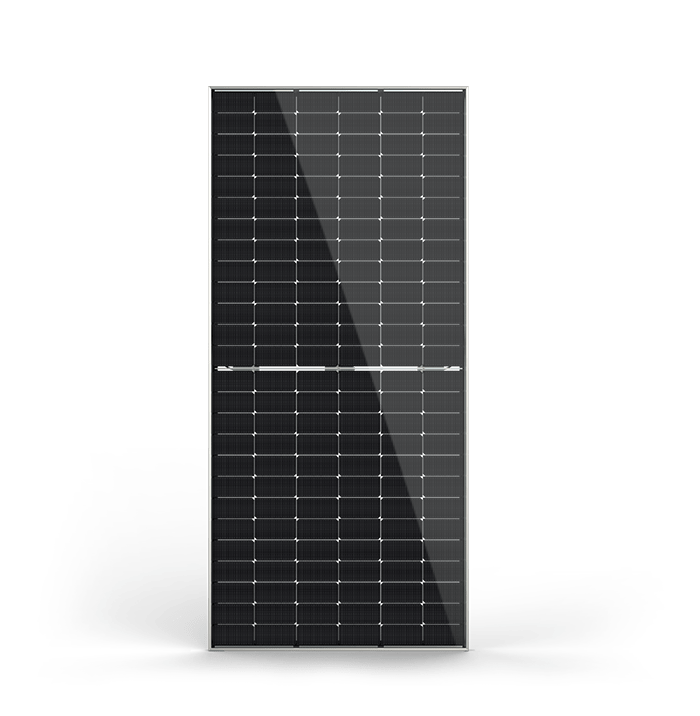
- This series uses tiling Ribbon tech + half-cells. Combining the TR and half-cell technologies helps eliminate cell gaps and increase efficiency.
- Light-induced degradation is much lower with N-type cells than P-type cells.
- Tiger series panels use 9 busbars instead of 5 busbars. To reduce the distance between the bars and the finger grid line. It helps decrease the resistance of power losses and improves efficiency.
- Panels utilize the Half Cell technology and improve shading tolerance by splitting the full cells. Hence, the panels perform well on cloudy, early mornings and dusk.
- The panel modules degrade by 1% during the first year, then maintain a 0.4% linear degradation.
- Best warranties – This series has the best warranty periods from Jinko, with a 15-year product warranty and the 30-year linear power warranty.
- Weather resilience – The panels come certified to withstand snow load of 5400pa and wind load of 2400pa.
Swan Series: Jinko Solar’s Swan bifacial series has been the talk of the industry for a while after scooping the European Intersolar Award for innovation.
These panels incorporate the Cheetah HC, half-cut cell technology with a transparent back sheet that makes it more lightweight than other glass modules.
Their power output is estimated to be 20-30% more than the regular monofacial modules. It generates up to 400W from the front side, with around 20% coming from the rear side.
Features:
- Implements five busbar solar cells to improve the module’s efficiency and enhance its aesthetics.
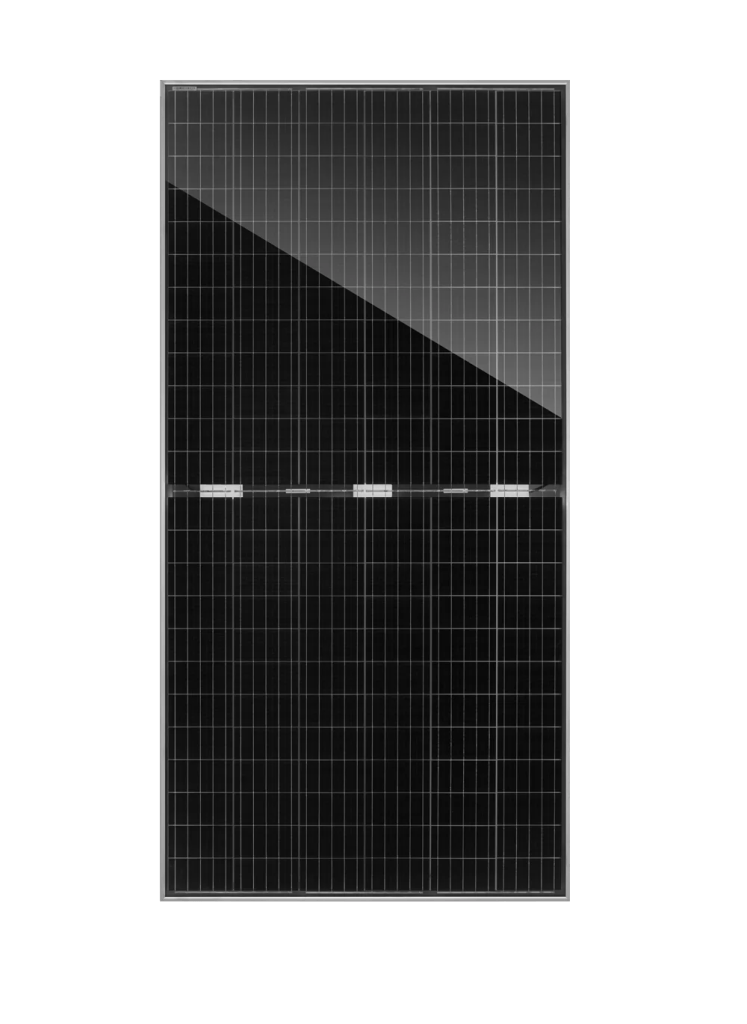
- Module power increases by 5 – 25% per the different reflective conditions. Its efficiency goes up to high as 19.78%.
- Panels offer a lower LCOE and a higher IRR, ensuring excellent performance under low-light conditions.
- Their power degradation annually stands at 0.5% with a 30-year linear power warranty.
- The Anti-PID performance guarantees limited power degradation for mass production. It’s also designed to handle high-voltage systems of up to 1500VDC, saving BOS costs.
- Panels are manufactured with enough strength to support 5400pascal snow load and a 2400 pascal wind load.
Jinko solar panel specification
| Cheetah | Cheetah HC | Swan | Tiger | |
|---|---|---|---|---|
| Cell Number | 132 | 120 half-cut cells | 144 | 156 half-cut cells |
| Cell Type | Mono PERC 158.75 x 158.75mm | N-Type Monocrystalline | Mono PERC 158.75 x 158.75mm | Mono PERC 158.75 x 158.75mm |
| Power Output | 335W | 350Wp | 400Wp | 580Wp |
| Nominal Power Voltage | 1500VDC | 1500VDC | 1500VDC | 1000/1500VDC |
| Power Density | 23.34w/m3 | 25.40w/m3 | 24.42w/m3 | 11.13/16.70w/m3 |
| Panel Efficiency | 19.88% | 20.48% | 19.78% | 21.16% |
| Annual Power Degradation | 0.4% | 0.55% | 0.5% | 0.4% |
| Dimensions | 1840 x 998 x 35mm | 1684 x 1002 x 35 mm (1.68m2) | 2031 x x1008 x 30mm | 2182 x 1029 x 40mm |
| Weight | 20.7kgs | 19.0 kg | 26.6kg | 26.1kg |
| Product Warranty | 10 years | 15 years | 12 years | 15 years |
| Performance Warranty | 25 years | 25 years | 30 years | 30 years |
| Operational Temperature Range | -40℃ to 85℃ | -40℃ to 85℃ | -40℃ to 85℃ | -40℃ to 85℃ |
| Made in | China | China | China | China |
Jinko Solar Panel Cost
A solar energy system built with Jinko solar panels typically costs around $2.25–$2.50 per watt. That means a 6 kilowatt (kW) system will cost you between $13,500 and $15,000 before incentives.
After applying the 30% federal tax credit – available till the end of 2032 – the total installed cost for a 6 kW Jinko solar system is between $9,450 and $10,500.
Among the leading Tier 1 solar brands, Jinko Solar can be considered a ”value” choice. Their solar panels usually cost $0.25–$0.50 cheaper than more premium rivals. On a 6 kW system, that’s a savings of $1,500–$3,000.
Remember that many factors can affect solar panel installation costs, so the figures above are only indicative. Get in Contact with Solar Emporium to get the best solar packages.
| System size | Number of solar panels* | Average cost per watt | Average total cost (after tax credit) |
|---|---|---|---|
| 4 kW | 11 | $3.25 | $9,100 |
| 6 kW | 16 | $2.95 | $12,390 |
| 8 kW | 22 | $2.85 | $15,960 |
| 10 kW | 27 | $2.75 | $19,180 |
| 12 kW | 32 | $2.75 | $23,100 |
| 14 kW | 39 | $2.60 | $26,936 |
| 16 kW | 43 | $2.60 | $29,860 |
Jinko Solar Panels: Pros & Cons
Pros
- Good quality control – Jinko owns the entire production process, from making the silicon ingots to assembling the panels.
- High efficiency – Jinko technology offers some of the highest efficiencies of any manufacturer, with some models over 21% efficient.
- Billion-dollar company
- Strong Australian presence
- A strong brand that the company will want to protect
- Well-priced
- Excellent durability
- Competitive warranties
Cons
- The company is newer than other brands
- Product warranty is shorter than some premium brands.
- Jinko’s financial stability has been rated as “at-risk” by SinoVoltaics
Efficiency
Jinko may not have been the most efficient solar panel before, but it’s on its way now. The Chinese solar manufacturer recently announced that it achieved a world-record 24.79% efficiency on its newer n-type monocrystalline cell.
They also recently unveiled the 610W n-type solar modules. Therefore, solar panel efficiency will soon steal the show concerning efficiency.
Battery Storage System
Jinko Solar has joined the ranks of other well-known panel manufacturers, such as Sunpower and Q Cells, by releasing various battery storage systems. However, unlike the other manufacturers mentioned above, Jinko has gone further and developed a wide range of energy storage systems, including large commercial and utility-scale systems.
The new Jinko residential battery line comes in various sizes and configurations to meet the needs of different households and energy demands. The smallest and most compact system (shown below) is an all-in-one system with a power output of 5kW and a battery capacity of 10.2kWh.
The modular JKS series is the next step up, built around the well-known Deye hybrid inverter platform and available in sizes ranging from 7.2kWh to 19.2kWh – Download the full system datasheet. All Jinko battery systems are constructed with the safer lithium Ferro phosphate (LFP) cell technology, which has a longer cycle life and better performance in a wide range of temperatures.
Sustainability
As part of the RE100 initiative, Jinko Solar has committed to sourcing 100% of its electricity demand from renewables by 2025. RE100 is the global corporate renewable energy initiative. Bringing together hundreds of large businesses committed to 100% renewable electricity.
Warranty
All Jinko solar panels generally come with a 10-year product warranty and a 25 – 30 performance warranty. The Tiger series is the only service with a longer product warranty of 15 years.
Although with the latest Tiger Neo product, they applied a warranty reduction from 15 years back to 12 years. This is very unusual for most manufacturers, including Jinko. Typically, product warranty increase is more common.
Dominance in Australia
Jinko holds the largest share in Australia. They have a registered overseas subsidiary company based in Sydney. Here they have a full sales team and full support team on hand. This is critical because it means Jinko can resolve warranty issues quickly and effectively.
It also helps us by allowing us to stay up to date on any new products or changes. Having offices in Australia is a huge advantage. It’s not just a sales center; it’s also a business. It also eliminates the need to rely on your solar installer.
You can simply contact Solar Emporium and have your problems resolved quickly.
Is It Worth Purchasing Jinko?
Based on continuous feedback from solar installers and industry professionals, Jinko Solar has a good track record for dependability. Jinko had some panel failures over the years. But their production facilities have improved with their products.
PVEL categorized Jinko Solar as one of the world’s leading independent solar module testing and performance services. In Module Reliability Scorecard Report, Jinko Solar has performed admirably in the last five years of testing. Each year, they earned a ”Top ‘performer’ rating and ranked first among the group’s highest-performing modules.
Jinko Solar did not become the world’s largest producer of solar panels by chance. Until recently, the company’s primary focus was not on producing the most efficient panels but on mass-producing the most cost-effective and dependable panels based on tried and tested PV cell technologies. However, Jinko Solar’s emphasis on R&D is now assisting in pushing the solar industry toward new high-performance cell technologies.
The introduction of the Tiger N-type and Neo TOPCon panels with tiling ribbon technology exemplifies Jinko’s innovative manufacturing techniques for increasing efficiency while lowering costs.
With a good track record and a strong market position, Jinko Solar is undoubtedly one of the better options for dependable, cost-effective solar panels. Particularly popular are the Tiger panels, which have already proven to be a popular choice for residential and commercial installations.
